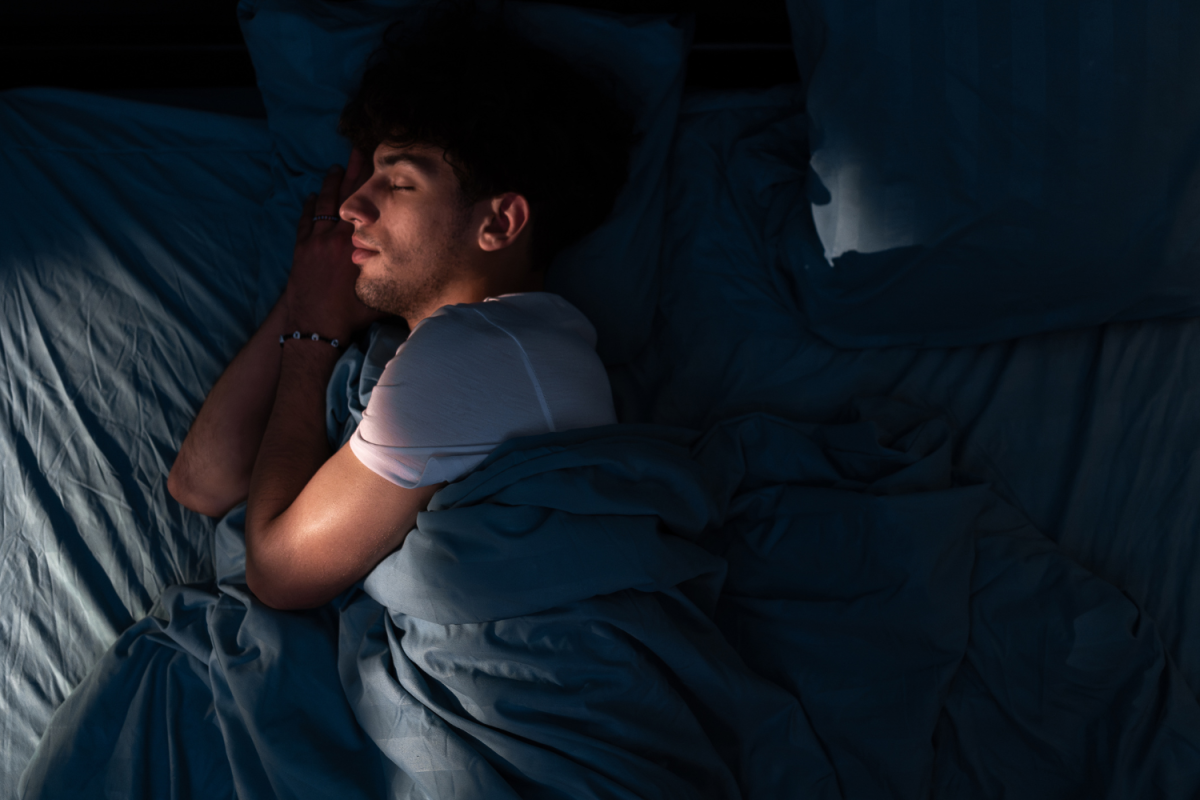Recent research reveals that the classifications of ‘early birds’ and ‘night owls’ may be too simplistic. A new study published in PLOS Biology uncovers five distinct categories of sleepers, each with varying impacts on brain function, mental health, and overall well-being.
The study examined brain scan data, lifestyle habits, and sleep quality from over 770 young adults. Researchers concluded that sleep is a multifaceted issue that extends beyond the number of hours one spends in bed.
According to lead author Aurore Perrault, a neuroscientist at the University of Sydney, “Our study showed that different aspects of sleep are related, but can also be separable domains with specific connections to biopsychosocial factors. This highlights the importance of considering the full picture of an individual’s sleep to help clinicians make more accurate assessments and guide treatment.”
The Five Types of Sleepers
Researchers identified five specific profiles or “latent classes” of sleepers:
1. Poor Sleepers: Individuals in this category find it difficult to both fall asleep and stay asleep. They frequently feel unrested and report experiencing daytime fatigue. This group is significantly linked to higher levels of anxiety, depression, and stress.
2. Resilient Sleepers: These sleepers face mental health challenges; however, they do not report significant sleep problems. The researchers suggest this group possesses a natural resilience that helps them cope better with the effects of inadequate rest.
3. Sleep Aid Users: This group includes those who rely on medication to achieve sleep. They often highlight the importance of strong social relationships but tend to perform poorer in cognitive tests, indicating potential memory deficits.
4. Short Sleepers: Individuals in this category sleep less than six to seven hours per night. Their cognitive performance, particularly in memory and problem-solving tasks, is often subpar, and they may exhibit increased aggression.
5. Disturbed Sleepers: This profile refers to individuals who experience fragmented sleep due to interruptions like frequent trips to the bathroom, breathing issues, or regular waking during the night. The disturbed sleeper group shows a connection to anxiety, lower cognitive performance, and higher rates of substance use, particularly pronounced in women.
The Importance of Understanding Sleep Profiles
Traditionally, sleep problems have been considered as symptoms of other mental health disorders. However, this study discovered a troubling association between poor sleep and various mental health risk factors. Understanding these distinct sleeping profiles may enable healthcare providers to develop more personalized interventions.
Valeria Kebets, a co-author from McGill University in Canada, stated, “The dominance of mental health markers in most of the profiles is not surprising as sleep is one of the five key domains of human functioning likely to affect mental health.”
This research challenges the prevailing notion that universal sleep guidelines, such as the recommendation to “get eight hours,” are sufficient for everyone. The findings indicate that some individuals may effectively manage with less sleep due to their inherent resilience, while others may suffer significant health consequences from poor or fragmented sleep, even if their total sleep time appears adequate.
Understanding the Bigger Picture
Scientists have long acknowledged the critical role of sleep in emotional regulation, learning, and memory consolidation. However, this study suggests that the interplay between sleep and health is shaped by both biological and behavioral factors.
Utilizing data from the U.S.-based Human Connectome Project, the research involved brain imaging in conjunction with assessments of psychological and lifestyle metrics. The study primarily focused on healthy young adults aged 22 to 36, but its methodologies may be applicable to different age groups and demographics.
The authors note that the study offers cross-sectional data, indicating correlations rather than causation. This means that while inadequate sleep may contribute to mental health issues, pre-existing mental health challenges could also exacerbate sleep disturbances.
Do you have insights on a health story that Newsweek should investigate? Or perhaps questions about sleep? Reach out to us at health@newsweek.com.






